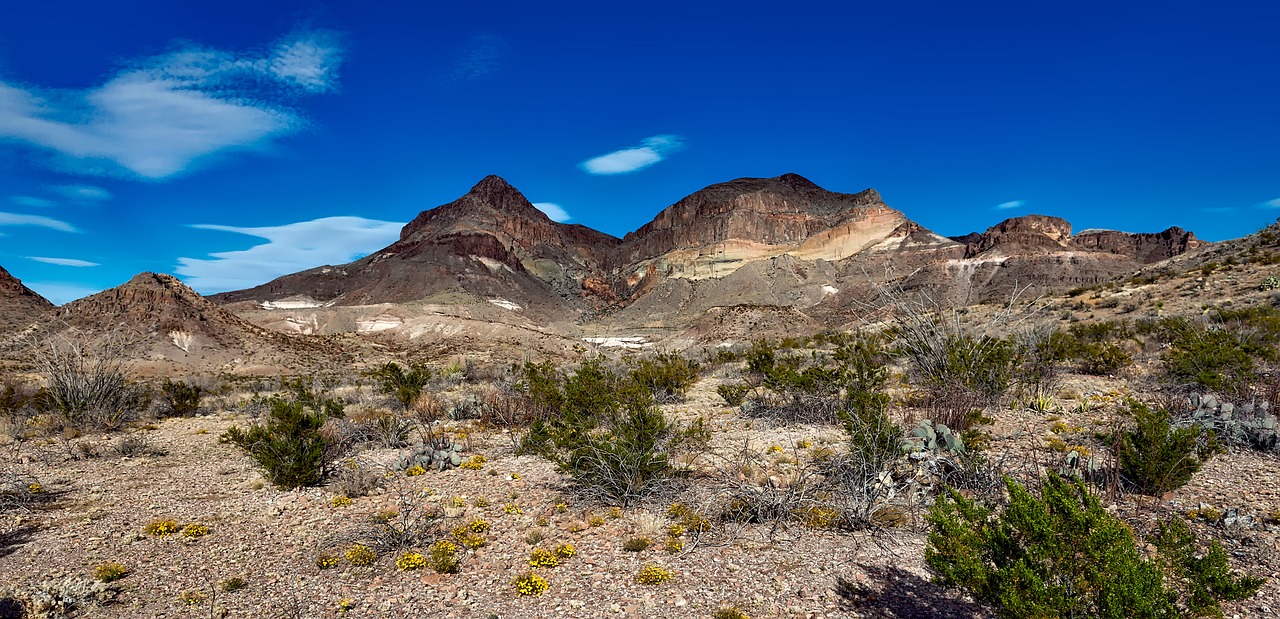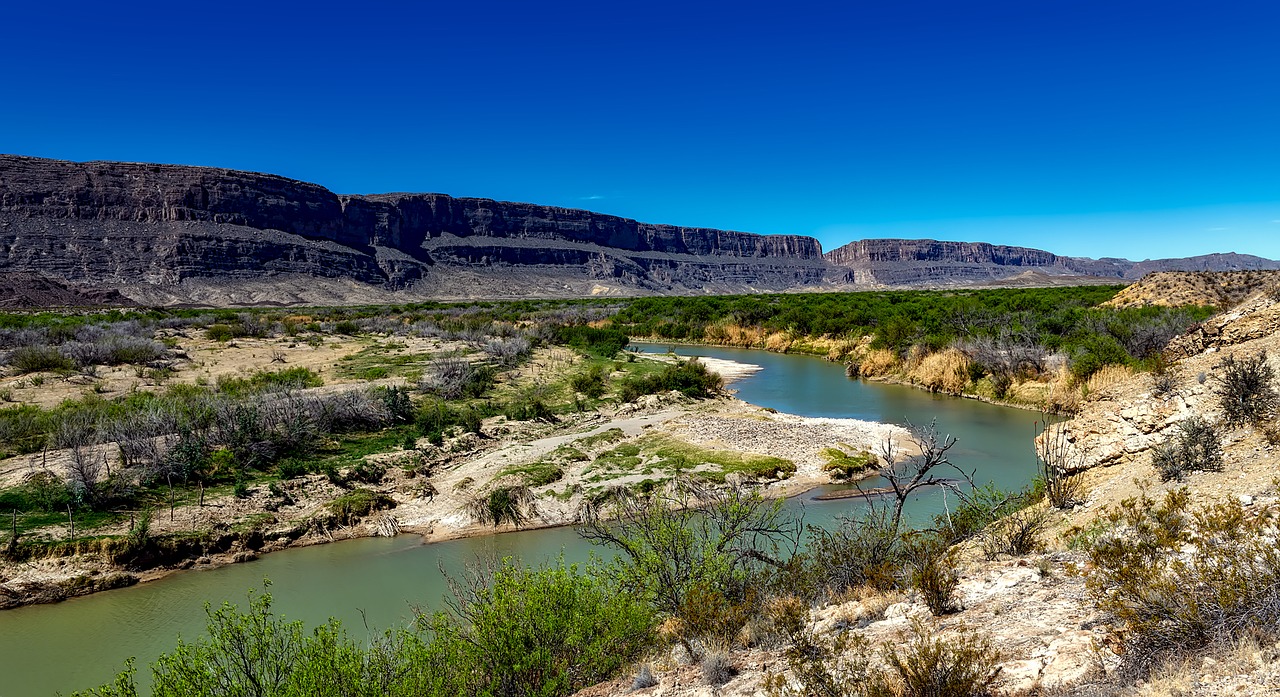Inheriting mineral rights or assets can be an exciting bit of news. However, the issues involved in owning -– or sharing ownership –- of mineral rights are different from the more straightforward status of owning property or real estate. Though owning mineral assets can be very lucrative, the owner –- or, as is often the case, owners plural –- need to understand and educate themselves in this slightly obscure realm of law.
Reading this post is a good first step. The following will touch on the main points of mineral rights ownership –- including vital information on taxes — and will present links for further reading.

What Are The Main Issues Surrounding Mineral Rights Inheritance?
Mineral rights, which are often separate from property or surface rights, entitle the owner to any oil, gas, iron or other commodities contained beneath the surface of a particular acreage of land. When specified in a will, it is the executor’s responsibility to sign off on the transfer deed and to deposit this with the county clerk’s office. This legally transfers the mineral rights or royalties to you.
Another common way to be notified of a change of ownership is when a representative from an oil company contacts you. This sometimes will result in a “hard-sell” wherein the representative tries to pressure you into signing off ownership for a percentage of the profits from the mineral development, called royalties.
Giving in to this pressure is not advised. Thoroughly educate yourself on what the proper royalty payments should be. Also important is to try to get into contact with any other potential heirs. This can result in higher royalty payments for more beneficiaries.
Related to this is the issue of dilution. Dilution refers to when mineral rights are attached to a surface parcel of land –- most often in rural areas -– and generations of a family and their families have spread out across the country, and the percentage of ownership of the land and mineral rights are obscured. For instance, the first owner may have passed ownership equally to several children, who then divided the property further, and so on.
This issue is important because the percentage of ownership has a direct relation to the percentage of royalties one is entitled to. It is vital here to conduct a thorough search of the public records facility of the county where the rights are located for copies of the mineral deeds. This is important to avoid legal problems in the future if, say, some heirs that were legally entitled to profits were not informed of their ownership.

A Look at Taxes
After settling all of the issues with heirs and deeds and negotiating a fair price with the mineral development company, be prepared to pay several varieties of taxes. County, state and federal taxes usually come into play here, but again, do your research because you want to get as much as possible from your rights without paying undue amounts to Uncle Sam.
The majority of states where mineral development is common levy a severance tax on oil or gas, based either or volume or value of the production. Most counties levy a tax only when the land is producing, which is collected annually. Learn more about county ad valorem taxes here.
The IRS taxes royalties received from mineral production as regular income. Happily, federal tax law provides a way to deduct up to 15% of this income via a depletion allowance. Read about this here. Another, though more complex, method for reducing your mineral rights tax bill is to take advantage of a 1031 exchange. This allows one to defer capital gains tax bills from the sale of mineral rights by exchanging them for a “like-kind” property, for example, other mineral rights or property.

